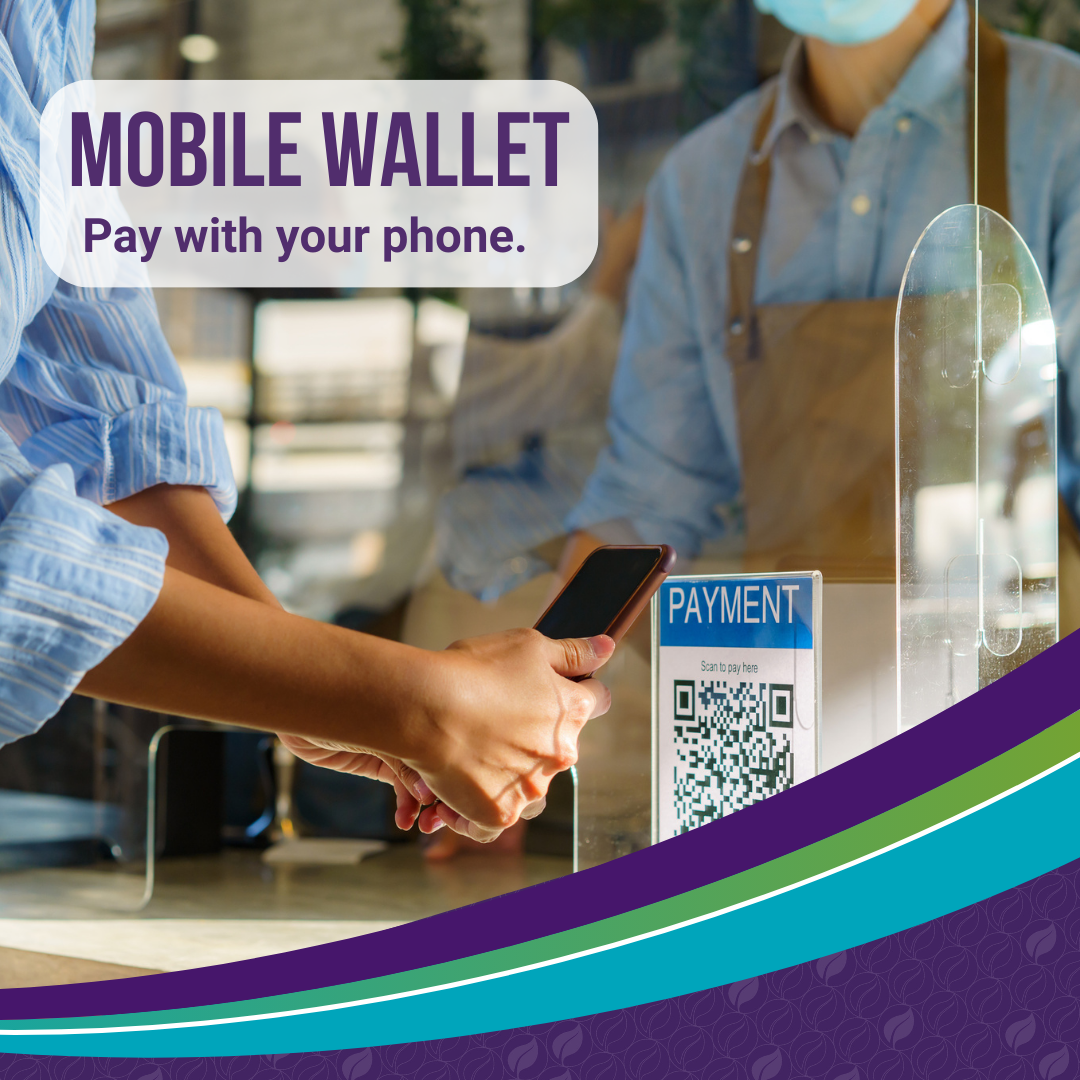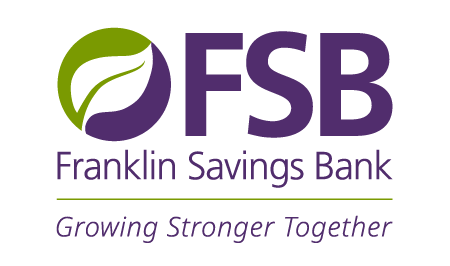Mobile banking continues to grow in popularity for managing your money. It conveniently enables you to access your account information anywhere, anytime using a mobile device. As the demand for banking technology continues to multiply, banks remain committed to investing in the latest technology offerings while keeping customer information safe.
Keep these tips in mind to protect yourself while testing the latest tech offerings from your financial institution.
Person-to-Person Payments (P2P)
P2P payment services, such as Venmo and Zelle, have become ubiquitous for many individuals in need of a convenient way to pay for things. These payment apps allow you to send money to others without the need to write a check or give cash. However, the rising popularity of new payment apps does come with a few risks. If you decide to use a payment app, consider sending a text to a friend or family member to inform them that you are planning to send them money using this service. This way you can ensure they actually receive it and don’t think it is a hoax. Further, if you plan to send money for the first time to someone who uses a payment app, see if they can send you a request from their payment app. This will ensure you are sending money to the correct individual.
Next, be sure to verify the payment information before you tap the send button. Always double-check the amount entered and the person you plan to pay. Most payment apps require a username, phone number, or email address to verify payment recipients. Ask the recipient to confirm that he/she is registered in the app with the information you plan to use to send them money. Unlike writing a check, mobile payment services don’t typically have a recall or retrieval feature; therefore, it’s important to verify how much and to whom you want to pay before tapping send.
Mobile Deposit Capture
Most banks offer the ability to deposit checks using their mobile app, simply by taking a picture of a check using your mobile device. Not only does this eliminate the need to visit a branch or an ATM, but the deposit can be made at any time. However, keep in mind that if you use mobile deposit capture, make note of the checks you deposit. Once the deposit is verified, you can destroy the check.
Account Alerts
Mobile banking apps also provide the ability to sign up for alerts to notify you of account information, such as if your account falls below a balance threshold.
Before you download your bank’s mobile app, be sure to confirm that it is the correct one before adding any personal information. Visit your bank’s website to see if they offer an app.
Be cautious of unsolicited text messages that appear to have come from your bank, especially if you did not sign up text alerts. These could be “phishing” messages requiring you to either verify bank account or personal information.
Lastly, be vigilant of where and how you conduct your mobile banking transactions. Try to avoid using unsecured Wi-Fi networks as fraudsters may be able to access the information you are transmitting or viewing. Also, never send account numbers or other sensitive information through text messages as they are also vulnerable to hackers.
Want to receive more security tips? Check out our FSBlog or follow us on Facebook.




